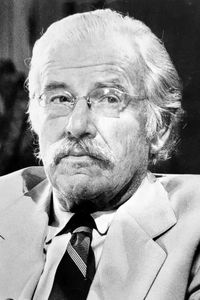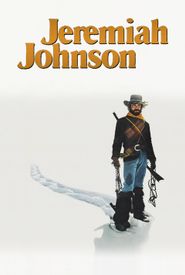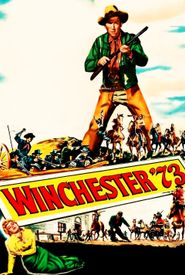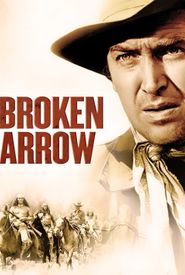William Aughe Ghere, later known as Will Geer, was born in Frankfort, Indiana, to Katherine Aughe, a teacher, and Roy Aaron Ghere, a postal worker. His grandfather, a man who had a peculiar habit of greeting trees by their Latin names, had a profound influence on him. The grandfather had also used his returns from the California gold rush to build Frankfort's first opera house, an achievement that likely sparked Geer's interest in the performing arts.
Geer pursued a college major in botany, initially studying at Chicago and later earning a Master's degree at Columbia. However, he eventually gave in to his desire to perform, starting with touring company tent shows and riverboats. Over the course of his six-decade career, he appeared on Broadway, in movies, and on television, taking on many Shakespearean roles and delivering one-man performances as notable figures like Walt Whitman and Mark Twain.
Geer's most iconic role was likely his portrayal of Zebulon Walton, the grandfather, in the long-running television series The Waltons, which aired from 1972. Fewer people may know about his life-long dedication to being a political agitator and radical, a term he defined as "someone who goes to the roots, which is the Latin derivation of radical." During the 1930s, he toured U.S. government work camps, singing with fellow folk musicians Woody Guthrie and Burl Ives.
Geer's career was also marked by his involvement in the McCarthy era, during which he refused to testify before the House Committee on Un-American Activities, leading to his blacklisting. In 1951, he founded the Theatricum Botanicum, a repertory theater in Topanga Canyon, California, where he not only coached actors but also encouraged outdoor philosophical discussions and, of course, folksinging.
In his later years, Geer's family would gather around his deathbed, singing "This Land Is Your Land" and reciting Robert Frost poems. His ashes were laid to rest in a corner of the Shakespearean garden on the grounds of his beloved Theatricum Botanicum, a testament to his enduring legacy as a performer, educator, and folklorist.





















































































